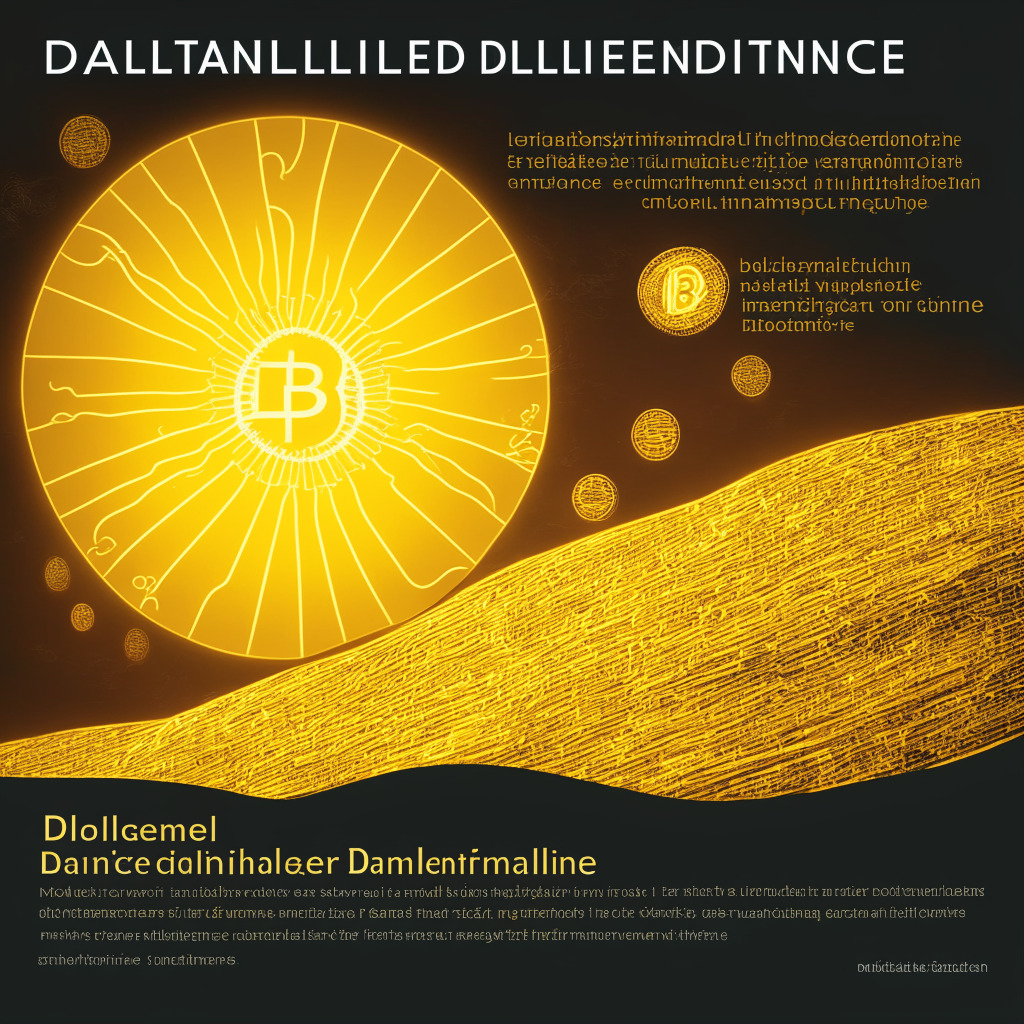The US Consumer Financial Protection Bureau (CFPB) is scrutinizing big tech companies like Apple and Google for potentially monopolizing the mobile payments sector and acting as “mini-governments”. This has raised concerns about competition and consumer choice, as CFPB plans to bolster consumer control over personal financial data while promoting open banking and payments.
Search Results for: Consumer Financial Protection Bureau
Risky Payment Apps vs Secure Bitcoin: Navigating FDIC Protection & Financial Security
The Consumer Financial Protection Bureau (CFPB) warns that funds stored in popular payment apps may not be insured, highlighting possible financial uncertainties. Bitcoin, with its decentralized nature and self-sovereignty, gains attention as a secure alternative providing users sole ownership and control over their funds, unlike payment apps.
UK Crypto Ad Regulations: Balancing Innovation and Consumer Protection
UK lawmakers have approved an amendment permitting registered crypto firms to greenlight their advertisements under anti-money laundering guidelines. This aims to protect consumers from deceptive crypto ads, while potentially increasing transparency and consumer protection in the crypto sector. However, the amendment’s effects on growth and innovation remain uncertain.
Navigating the Digital Asset Frontier: Can Traditional Finance Measures Secure Cryptocurrencies?
“The director of the Consumer Financial Protection Bureau, Rohit Chopra, recently shared that the bureau is contemplating applying the Electronic Fund Transfer Act (EFTA) to digital assets. This approach could minimize high losses often experienced from unauthorized crypto transactions and aim to establish safer environment for investors.”
Future of Crypto: Electronic Fund Transfer Act Impact on Digital Currencies
The Consumer Financial Protection Bureau (CFPB) is contemplating applying the Electronic Fund Transfer Act (EFTA) to cryptos. This measure aims at protecting consumers from unauthorized transfers, errors, or hacks related to digital assets. Amid the exponential growth in crypto-platform hacks, CFPB’s move suggests increased accountability for crypto-related financial institutions.
Uninsured Dangers: Digital Payment Apps, Crypto Exchanges, and the FDIC’s Role in Protecting Funds
The Consumer Financial Protection Bureau (CFPB) recently warned that digital payment apps like PayPal and Venmo, as well as crypto exchanges, lack FDIC insurance, posing risks to users’ funds. The FDIC has been targeting crypto companies making misleading claims about their insured status, emphasizing that no crypto exchanges are insured by the FDIC. Users must be cautious of potential risks associated with these platforms.
P2P Payment Apps: Uncovering Hidden Risks and the Importance of FDIC Coverage
The US Consumer Financial Protection Bureau warns that funds stored in nonbank payment platforms, including those offering crypto services, may not be protected by federal deposit insurance coverage. With recent collapses involving major banks, consumers must exercise caution and understand potential risks when managing assets through online payment services.
Wells Fargo Settlement Sparks Crypto-Regulation Debate: Striking Balance between Accountability and Stability
Wells Fargo has agreed to pay $1 billion to settle a class-action lawsuit accusing the bank of misleading shareholders about resolving the 2016 fake accounts scandal. This settlement raises concerns over financial regulations, the role and effectiveness of the SEC, and the need for clear regulatory guidelines and fair enforcement application in the evolving crypto sphere and traditional financial industry.
Navigating the Complexities of Crypto Market Fluctuations: Pros, Cons, and Challenges
As cryptocurrency market experiences fluctuations, it is crucial to be aware of the inherent volatility, implications on blockchain technology, and potential downsides like regulatory uncertainties and security risks. The market sentiment remains cautiously optimistic, driven by growing adoption by mainstream businesses and financial institutions, as well as public understanding of blockchain technology. Navigating challenges and embracing advancements are key to the industry’s future growth.
El Salvador’s Bitcoin Experiment: A Landmark Move or Destined to Fade Away?
El Salvador made history by adopting Bitcoin as legal tender, aiming to mitigate negative impacts of being tied to the U.S. central bank. Facing challenges like skepticism and fluctuating prices, the country’s Bitcoin experiment has inspired others but leaves its future undetermined.









